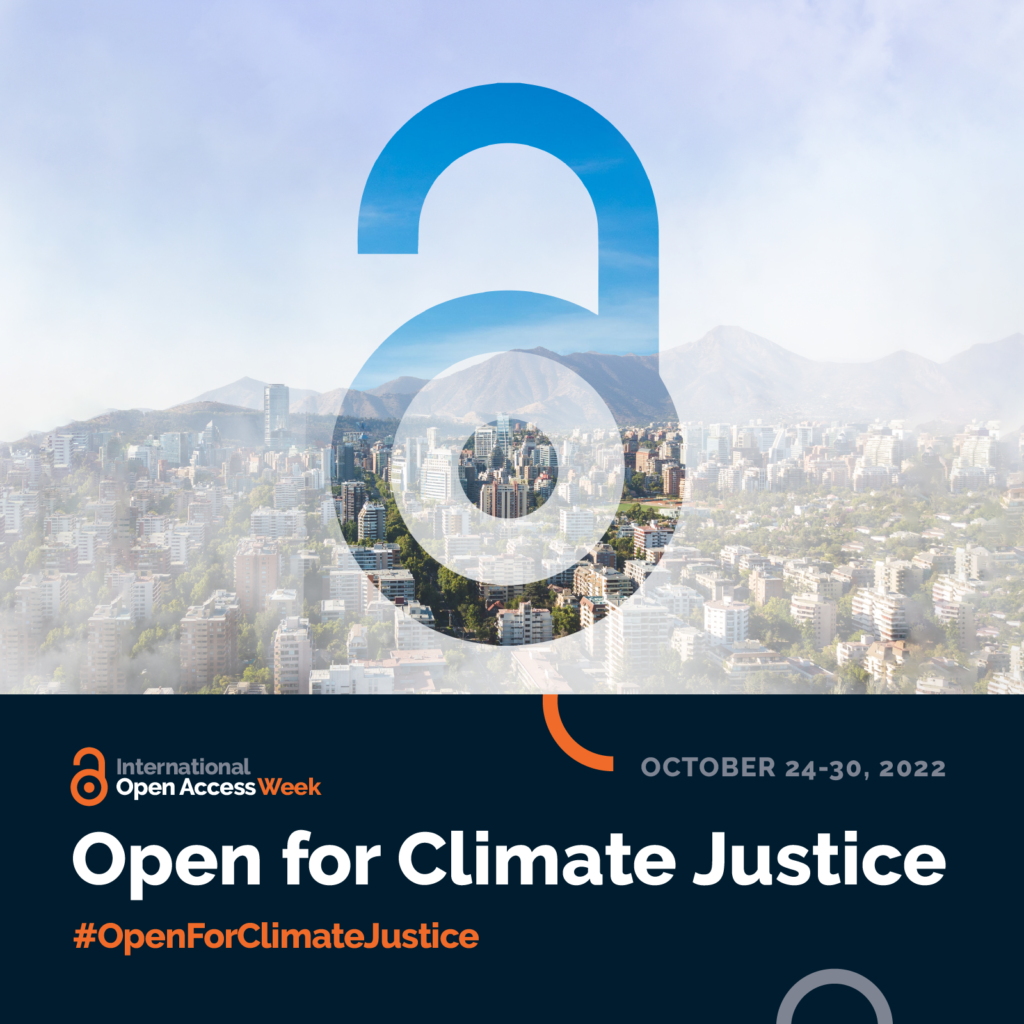
Today we’ll focus on open data as part of our series on International Open Access Week.
What is open data?
SPARC defines open data as “research data that is freely available on the internet permitting any user to download, copy, analyze, re-process, pass to software or use for any purpose without financial, legal, or technological barriers.”
The full Open Definition gives precise details as to what this means. To summarize the most important:
- Availability and Access: the data must be available as a whole and at no more than a reasonable reproduction cost, preferably by downloading over the internet. The data must also be available in a convenient and modifiable form.
- Re-use and Redistribution: the data must be provided under terms that permit re-use and redistribution including the intermixing with other datasets.
- Universal Participation: everyone must be able to use, re-use and redistribute – there should be no discrimination against fields of endeavour or against persons or groups. For example, ‘non-commercial’ restrictions that would prevent ‘commercial’ use, or restrictions of use for certain purposes (e.g. only in education), are not allowed.
Why use open data?
There are a number of reasons to support Open Data initiatives:
- Many research funding agencies are requiring Research Data Management Plans that involve making the data acquired in funded research projects openly available.
- Open data allows for studies to be replicated. Replicability of studies is important to verify that original findings hold up, and to extend the context of original studies.
- Data can be very expensive and sometimes difficult to collect. Sharing data makes it more accessible to researchers around the world, from a variety of backgrounds and experiences.
How to find open data?
There are many sources of open data available for use. Not sure where to start? This Open Data Sets Guide provides open resources by topic. For open data sets that focus on this year’s theme of “Open for Climate Justice”, this guide on Climate Change offers a list of data resources.
Want to learn more? Watch this short video on The Story of Open Data – History and Fundamental Concepts.
